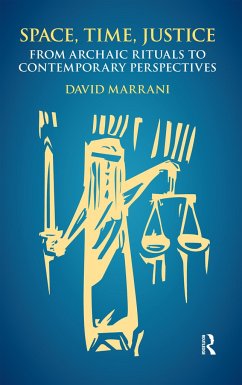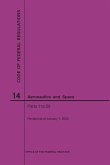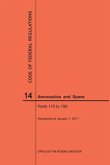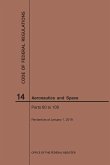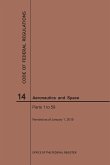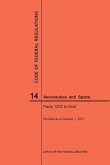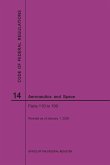This book merges philosophical, psychoanalytical and legal perspectives to explore how spaces of justice are changing and the effect this has on the development of the¿administration of justice. There are as central themes: the idea of transgression as the starting point¿of the question of justice and its archaic anchor; the relation between spaces of justice and ritual(s); the question of use and abuse of transparency in contemporary courts; and the abolition of the judicial walls with the use of cameras in courts. It offers a comparative approach, looking at spaces of justice in both the civil and common law traditions. Presenting a theoretical and interdisciplinary study of spaces of justice, it will appeal to academics in the fields of law, criminology, sociology and architecture.
Hinweis: Dieser Artikel kann nur an eine deutsche Lieferadresse ausgeliefert werden.
Hinweis: Dieser Artikel kann nur an eine deutsche Lieferadresse ausgeliefert werden.

